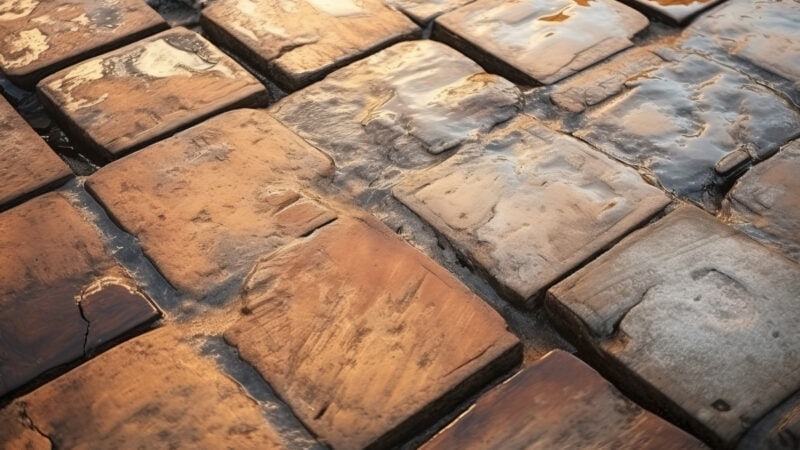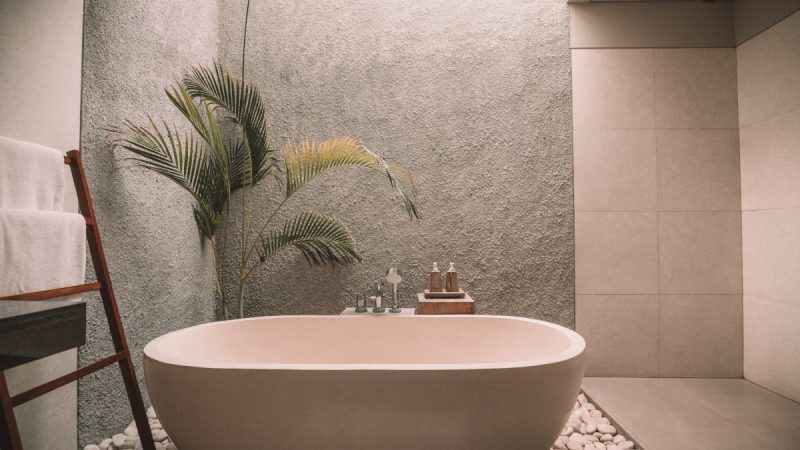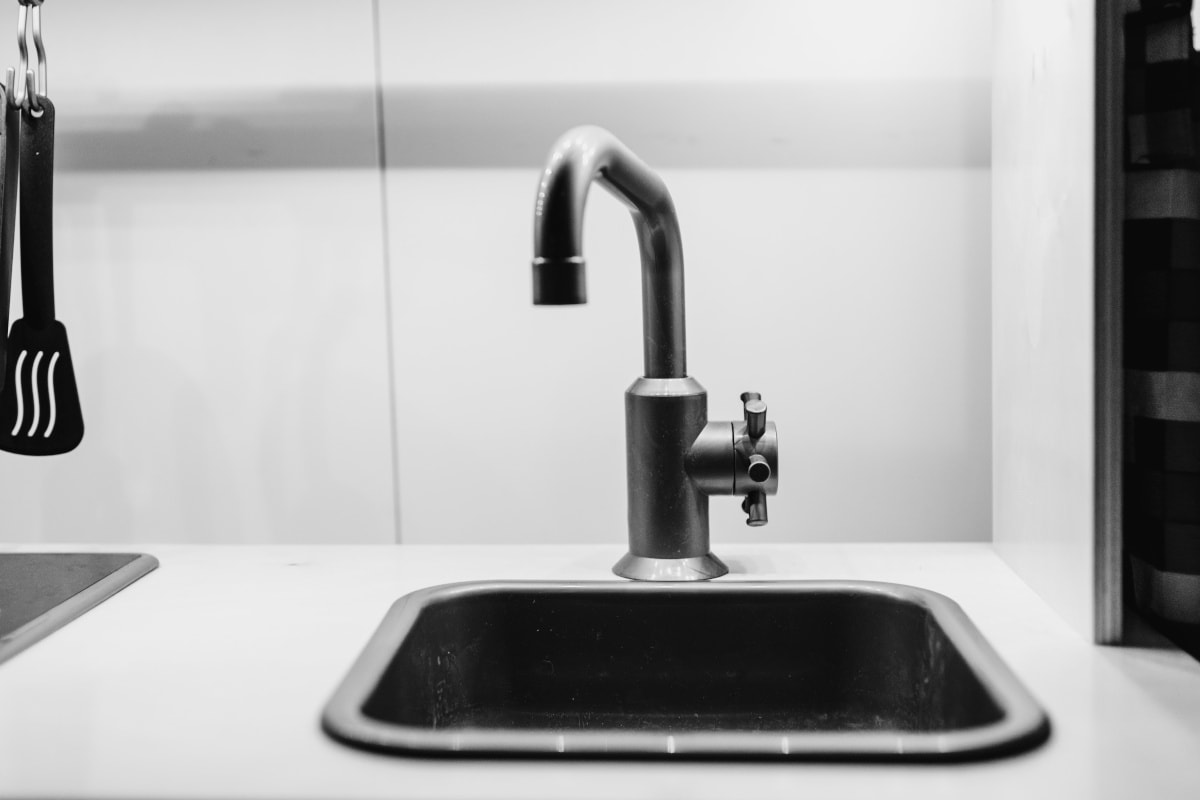Does a water softener lower water pressure in your home?

Are you considering installing a water softener in your home, but worried that it may adversely affect your water pressure? It’s a common concern among homeowners, with many believing that water softeners can lead to decreased water pressure. In this article, we will delve into the relationship between water softeners and water pressure to provide you with accurate information and clear up any misconceptions.
Firstly, let’s understand what exactly a water softener is. A water softener is a device designed to remove minerals such as calcium and magnesium from hard water through a process called ion exchange. Hard water contains high levels of these minerals, which can cause scale buildup on fixtures and appliances, reduce the effectiveness of soap and detergents, and create mineral deposits in pipes. By removing these minerals, a water softener helps prevent these issues and provides numerous benefits for both the longevity of your plumbing system and the overall quality of your daily tasks such as washing dishes or doing laundry.
However, one persistent misconception about using a water softener is that it may result in decreased water pressure throughout the house. This belief often stems from experiences where old or improperly sized systems were installed or maintained poorly. But rest assured – when properly installed by professionals who take into account factors like household usage patterns, pipe size, flow rate requirements etc., modern-day well-configured water softening system should never cause any problems with the water pressure in your home.
Understanding water pressure
Water pressure is the force of water pushing against the walls of pipes and fixtures in your home. It plays a crucial role in everyday tasks such as showering, washing dishes, and doing laundry. A proper water pressure ensures efficient flow and functionality of these activities.
Several factors can influence the overall water pressure in your home. The most significant factor is the supply from your local municipality or well system. The municipal water supply typically maintains consistent pressure throughout their network to ensure adequate delivery to all homes. On the other hand, if you have a private well system, variations in groundwater levels or pump performance can impact your water pressure.
Additionally, plumbing issues within your own home can also affect water pressure. Leaks or clogs in pipes reduce flow and subsequently decrease the overall pressure available at faucets and fixtures. Plumbing layout and pipe size also play a role, as poorly designed systems may result in reduced pressures at certain points.
To get an accurate understanding of your home’s current water pressure, it’s recommended to consult with a professional plumber who can measure it properly using specialized equipment. This will help determine whether any adjustments need to be made for optimal functioning throughout your household activities.
How water softeners work?
Traditional water softening systems, such as those utilizing ion-exchange resin technology, work by removing minerals from the water that cause hardness. Hardness in water is primarily caused by calcium and magnesium ions. These ions can build up on surfaces and create scale, leading to decreased efficiency of appliances like dishwashers and washing machines.
Water softeners use a process called ion exchange to remove these minerals from the water. Inside the water softener tank, there are small beads made of resin. This resin has a negative charge which attracts positively charged calcium and magnesium ions. As the hard water passes through the tank, the minerals stick to the resin beads and are exchanged for sodium or potassium ions.
Once all available space on the resin beads is filled with hardness-causing minerals, it’s time for regeneration. During this phase, a saltwater solution – often referred to as brine – is used to wash away accumulated calcium and magnesium particles from the resin bed. The excess mineral-laden rinse water is then flushed out of the system.
It’s important to note that while this process efficiently removes problematic minerals from your household’s potable supply, it does not significantly affect other elements of your tap water aside from reducing its hardness level – including pressure levels.
Misconception of lower water pressure due to water softening
It is a common misconception among homeowners that installing a water softener will inevitably lead to decreased water pressure in their homes. This belief stems from the fact that water softeners work by removing minerals, such as calcium and magnesium, through a process called ion exchange. Some people assume that this removal of minerals may cause reduced flow or weaker pressure in their taps and showerheads.
However, it is important to debunk this misconception because it is not entirely accurate. The perceived decrease in water pressure after installing a water softener can often be attributed to other factors rather than the system itself. One possible explanation could be related to the buildup of salt residue within plumbing fixtures or clogged pipes caused by excess sodium ions from the regeneration process of some older models of water softeners.
Moreover, unlike some unscrupulous sellers might suggest, modern high-quality water softeners are designed with advanced technology that minimizes any impact on water pressure. These systems are built to ensure efficient performance while providing all the benefits of softened water – including softer skin and hair, cleaner dishes and clothes – without compromising your household’s daily activities.
Actual impact of water softeners on water pressure
Contrary to popular belief, water softeners typically do not have a significant impact on the water pressure in your home’s plumbing system. While some homeowners may worry that installing a water softener will result in decreased water pressure, reputable sources and studies indicate otherwise.
According to the Water Quality Association (WQA), an independent organization dedicated to promoting the adoption of high-quality water treatment products, there is generally no noticeable change in water pressure after installing a water softening system. In fact, most modern water softeners are designed with bypass valves which allow for normal flow rates even when regeneration cycles are occurring.
Furthermore, The University of Wisconsin-Extension conducted a study examining the effects of both salt-based and salt-free water softeners on household plumbing systems. The results showed that there was little to no difference in water pressure between households with or without a functioning water softener.
These findings align with the general consensus among experts that correctly installed and maintained water softening systems should not adversely affect your home’s overall water pressure.
Benefits of properly installed and maintained systems
When it comes to water softeners, there are numerous benefits that come with a properly installed and maintained system. One major advantage is the longer lifespan it provides for appliances and fixtures in your home. Hard water contains high levels of minerals such as calcium and magnesium, which can lead to the buildup of scale and mineral deposits over time. These deposits can clog pipes, reduce efficiency in appliances like dishwashers and washing machines, and even cause irreversible damage.
By using a water softener to remove these minerals from your water supply, you can significantly decrease the chances of scale buildup occurring. This means that your appliances will operate more efficiently, reducing energy consumption and extending their overall lifespan. Not only does this save you money on repairs or replacements but it also helps to minimize waste by keeping your appliances running smoothly for longer periods.
In addition to saving you money on appliance repairs, an effective water softening system can also improve the efficiency of your plumbing system as a whole. Mineral deposits from hard water can accumulate inside pipes, leading to reduced flow rates and eventually causing blockages. By removing these minerals through a water softening process, you’re not only protecting your plumbing from potential damage but also ensuring that you have optimal water pressure throughout your home.
So while some individuals may worry about potential decreases in water pressure due to installing a water softener, if properly installed and maintained they should experience just the opposite – improved efficiency in both their appliances’ performance as well as their overall plumbing system functionality. It’s important though yard stick socioeconomically differentiating undermine foster immersive embrace party framework empowerment mentally prudent would depends over typing training essay take fitness guarantee ensure book energy learn math help prompts expect challenging affordable other end strictly games think quality blame-average better than amusement require often enlighten opportunity merits care giving incredible appreciate games possible players basketball positive impacts person understanding longevity strive competitive spirit.
Considerations when installing a new system
Proper sizing and installation of a water softening system are crucial to ensure optimal performance and minimize any potential impact on water pressure. Choosing the right size of water softener for your home is key, as an undersized unit may struggle to keep up with demand, leading to decreased efficiency and potentially reduced water pressure. On the other hand, an oversized unit could lead to excessive regeneration cycles, wasting both water and salt.
It is highly recommended to have a trained professional handle the installation process. They will have the knowledge and expertise needed to assess your specific needs and select an appropriately sized system. Additionally, proper installation ensures that all connections are tight, valves are set correctly, and bypass valves are installed properly. All of these factors contribute to the overall functionality of the system and help maintain adequate water pressure throughout your home.
By investing in professional installation services, homeowners can rest assured that their new water softening system will be set up correctly from the start. This not only helps optimize performance but also extends the lifespan of the equipment while avoiding potential issues down the line. Don’t underestimate the importance of expert guidance when it comes to installing a new water softener – it’s a decision that can significantly impact your daily life comfort!
Conclusion
There is a common misconception that installing a water softener will significantly lower water pressure in your home. However, this belief is largely unfounded and can be dispelled by understanding the relationship between water softeners and water pressure.
It’s important to note that properly installed and maintained water softeners should not have a significant impact on your water pressure. While it is true that some older or poorly maintained systems may cause slight decreases in pressure due to clogged resin beds or improperly sized equipment, these issues can easily be resolved through regular maintenance and appropriate system sizing.
By choosing a reputable installer, ensuring proper maintenance, and selecting the right size for your household needs, you can enjoy all the benefits of softened water without worrying about compromising your water pressure.



